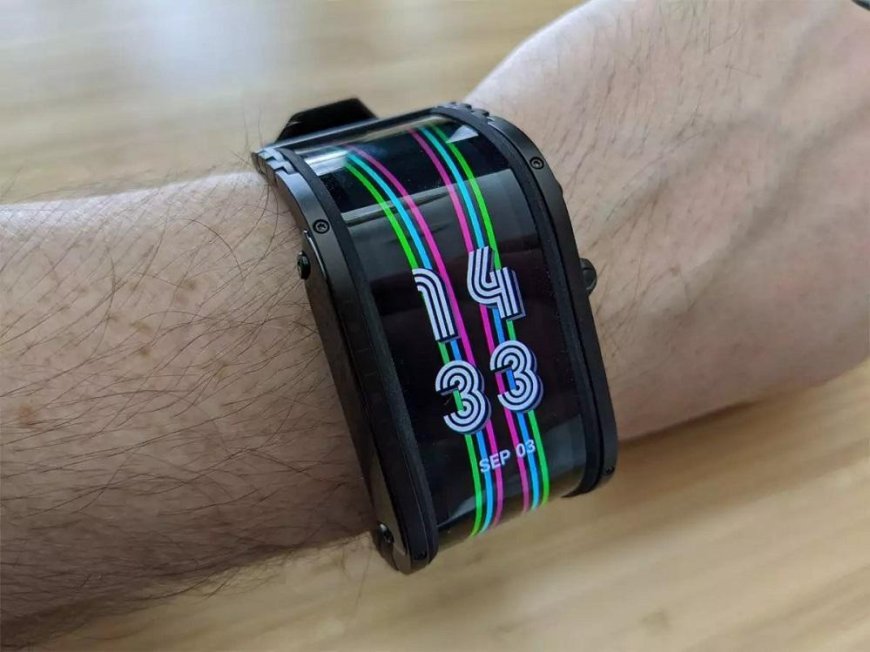Smartwatches can help detect COVID-19

A smartwatch can help you determine if you have the coronavirus before you even show symptoms. This comes from a report by CBS News that cites research from the Mount Sinai health system in New York and Stanford University in California. Smartwatches can help detect COVID-19.
Devices that can detect signs of coronavirus infection include the Apple Watch, Garmin, and Fitbit wearables.
Mount Sinai researchers say the Apple Watch can detect subtle changes in heart rhythm, which could be an early sign of COVID-19. This is watched for up to seven days before symptoms appear.
The study measures heart rate variability, which changes as the body develops inflammation, one of the main markers of the coronavirus.
Another Stanford University study measured data from various smartwatch models and found that 81% of people positive with COVID-19 experienced a change in resting heart rate long before symptoms appeared.
The study says that very high heart rates are measured up to 9 days before symptoms appear and can be used to predict when symptoms will appear.
Michael Snyder, a professor at Stanford University, stresses the importance of getting these warning signs early, as they can help people stay at home and isolate themselves if they become infected.
Snyder also said the data collected by smart screen devices could also help address the unique nature of COVID-19 testing.
"The problem is, you can't always do it with people when these devices measure you 24/7," he said.
"The smartwatch returns your data in real time. If you're lucky, you'll have your test back in a few days."
Must Read: Acer Unveils Tough New TravelMate Spin B3 Laptop for Classrooms
According to the report, smartwatch manufacturers are exploring various ways in which the health data they collect can be used to fight the virus.
Contact tracking
Another technology useful in fighting the spread of COVID-19 is contact tracing - a feature available on Android and iPhone devices that allows users to notify other people they have contacted when they test positive for the virus.
In South Africa, this is facilitated by the government app COVID-19 Alert SA, which anonymizes user data and only shares encrypted tokens with other users nearby.
The app uses Bluetooth, not location tracking, to exchange encrypted code with other app users to determine if they are in contact with each other.
Codes are exchanged when the smartphone is two meters away for more than 15 minutes and these codes are stored for two weeks.
If an app user has tested positive for COVID-19, they can report this information to the app anonymously.
Your device then uploads all random codes recorded in the last two weeks to the Exposure notification server, which notifies other suitable uses. Reuters
